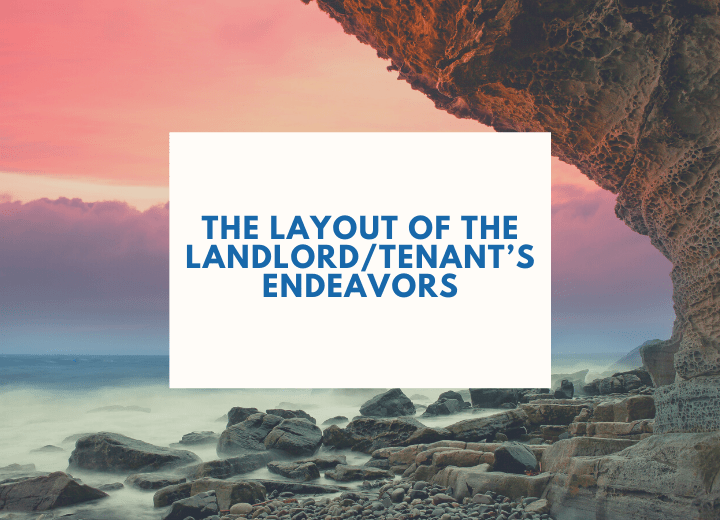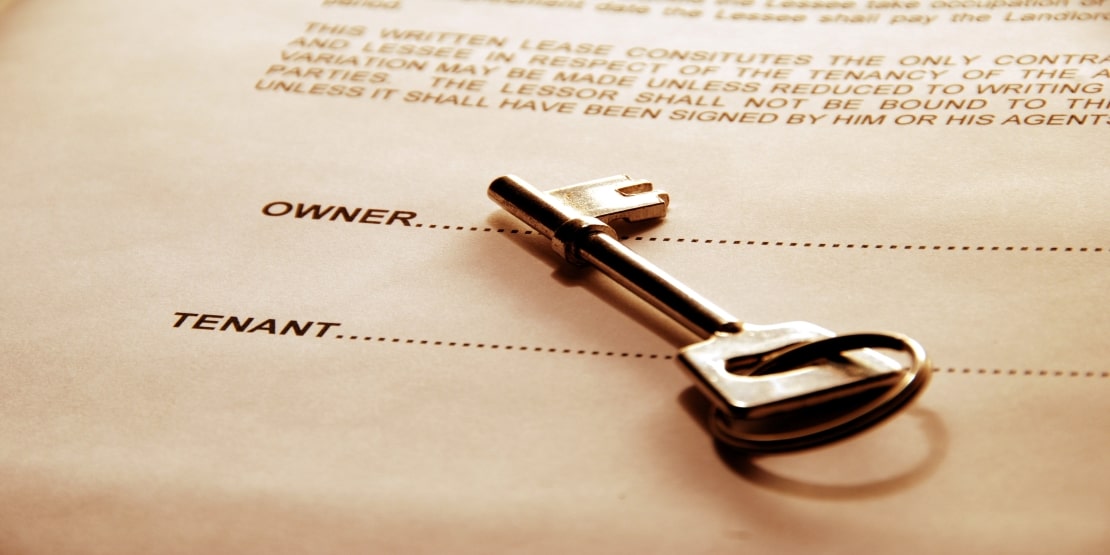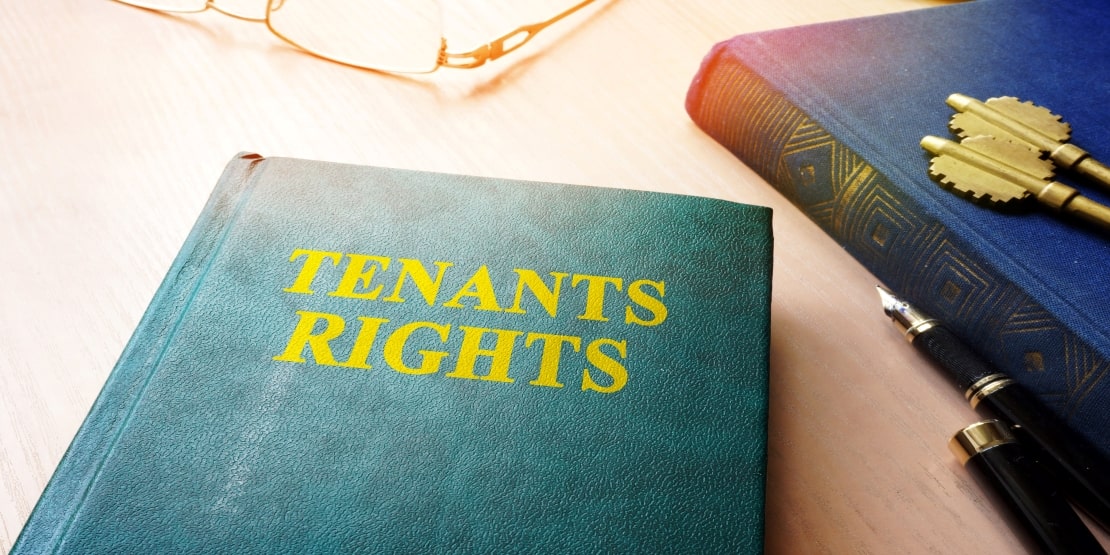While investing in any real estate unit in Toronto, the position of a landlord is accountable in any condition. In a position like so, the information and the innumerable guidelines might make you feel overwhelmed as a property owner. So, this is where we are swooping in and trying to ease the hassle! If a landlord sells the property, multiple subjective choices need to be made during the property sale in Toronto.
Selling might be an option if you are looking for liquidating your assets, looking for options and information on selling a rental property. As overwhelming as researching can be, you can learn how to sell a property in areas like Ontario. This guide would also help you understand the renter’s rights when you are anticipating a property sale in Toronto.
Tenanted Property in Ontario for Sale
Before selling a tenanted property in Ontario, you need to honor the lease terms under the Ontario Landlord and Tenant Act. Further which you must esquire if the tenants are under their first year of the lease. It is probably the best time to wait and sell the property while they are on a monthly lease. If not, then one must wait to list the property and make the sale by the end of the year.
It is also important to note that any lease that continues beyond a year can only take monthly shifts, even if the lease has a persisting subsequent one-year contract.
Notifying the Renters About Your Intent to Sell
If the Landlord sells the property, they must keep the tenants informed. Giving them prior notice lies in the best interest of both parties, but no formal notice is required unless the property is sold.
After the tenanted property is sold, you are legible to inform your tenants and hand them a sixty-day prior notice from the 1st day of the month. For example, your closing date would be July 1st, in case the sale of the property was made on 4th April.
In case the buyer is planning to keep the property and use it as an investment, an assumption has to be made regarding the terms and the tenure of the current lease. The rent cannot be increased much and should be under the general increment value, which is 1.8% per year (according to 2019)
When the property has been sold, you need to inform the tenant about the same, so that the property can be vacated. An N12 form (Notice to End Tenancy form) must be issued to the tenants.
How to Get the Best Deal While Property Sale in Toronto
When it comes to selling a home or a condo in Toronto, it gets quite complicated to make a sale. As compared to furnished properties, the empty ones make more sales because of the subjective interior selections and choices. While marketing a property or listing it on the market in Ontario, the unit is mostly showcased with the tenant’s personal belongings.
Although the Tenant would be open to staging the whole unit, this sure is subjective and the choice of the interior depends on the buyer. But, as a seller, you have to work around what you have got inside the house and make your best bet forward.
Coordinating with your home tenants also becomes important to keep taking updates on the maintenance of the house. While showings also, the presentation of the house matters the most and the sale of the house depends on the same. Hence, keeping your tenants in the loop would help ensure the maintenance of the property and build a positive relationship with them. Satisfied and happy tenants would be flexible and would also help your de-clutter, arrange, and present the apartment for sale.
On the other hand, property sale in Toronto that is vacant would be comparatively easier without paying much attention to de-cluttering or re-arranging the interior layout. Any vacant property would sell itself based on its interior planning and basic outline. The seller can also take the benefit of staging the complete property and putting it up on the market.
In a few cases, you can rethink the choice of paying a bonus month’s rent to your tenants to move out early. Considering that they would be moving in sixty days, the rent of the bonus month will assist them to cover their moving expenses and put some money in their new place.
This will make the home tenants happier, which brings us back to maintaining better relationships with them. The tenants would be liberated from the recurrent showings, and other processes during the selling process. At the end of the day, it’s a choice that your tenants must make according to their inclination on what suits them best!
Now, that we are aware of the responsibilities of the landlord, and the homeowner rights, let’s move ahead to the tenant’s rights.
Tenant’s Rights During Property Sale in Toronto
As a renter, it is your responsibility to be aware and know the rights when your landlord decided to sell the property you’re renting. There are certain things that you need to know if you are in a similar situation.
Paying the Rent of the House
The payment of the rent must be done even when the landlord is selling the house/property you are renting. The process of the sale of a property is overwhelming and time-consuming. So, in this scenario, both landlord and the tenant need to be pre-informed. Also, the tenant should receive a notice period of sixty days from the 1st day of the month. But the landlord will only notify the sale of the property after the confirmation of the same.
-
Sale of the property before the lease is up
The landlord must honor the lease if you are still under the first term. In case, they are anticipated to make the sale, a maximum of 60-day notice is required from the starting of the month. The buyer must wait by the end of the lease period to occupy the tenanted property.
-
Handling the notice period during the sale of the property
In Ontario, be it the end of the year, or the initial year of your monthly lease, when the landlord is trying to sell the property, a sixty-day notice must be given to the tenants.
-
Tenants’ rights during exhibiting the property
When the landlord puts up the property on the market, the unit needs to be open to viewings and showings to the buyers. Since the tenant is already staying on the property, the landlord needs to give a 24 hours’ notice to the tenant for any scheduled showings. If the 24-hours notice has been given to you as the tenant, and you are obligated to help them with the displaying of the property, although your presence is a personal choice, you cannot deny the same.
-
Tenant’s rights when the landlord initiates the property sale in Toronto
In case the buyer has decided to move in themselves or to have a family member rent it immediately, then you might have to move out into a new place. However, they don’t have the right to evict you only to increase the rental value. If the landlord will pursue making the property a rental one, then they must stick to the existing lease.
Conclusion
Concluding this, we all can acknowledge the importance of optimism in a tenant-landlord relationship. If you are the owner of a rental property that is a potential listing in the market, then as a landlord, you should be considerate enough to have your tenant move out first and later determine the best time to sell.
The sale of the property also depends on the typology of it either being vacant or completely furnished. Although, it is much easier to sell a vacant one and is more likely to sell, after being put up on the market. This would also help you gain a higher selling price as compared to a tenanted property.
FAQs
Following all the issued local health building codes, maintaining, and balancing all the weather-protected unit components, and providing the necessities including electricity, water, etc. are the three main responsibilities of the landlord.
Being a tenant gives you the freedom to stay in a safe, secure, and quiet environment, that is managed according to the law.
It is the responsibility of the landlords to ensure safety and security before renting out any property.






































